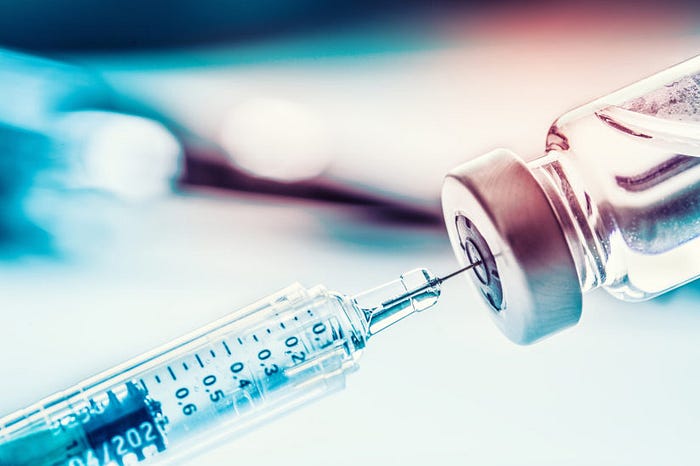History of Vaccines: What This Means For Coronavirus

Today, Pfizer and BioNTech announced that they are submitting their Coronavirus vaccine to the Food and Drug Administration for Emergency Use Approval.
What are vaccines, when were they first developed, and what is the road to an approved vaccine in today’s world?
You may have noticed that the “vaca” in the word vaccine sounds like “cow.” The word comes from the Latin phrase Variolae vaccine, meaning the “smallpox of the cow,” and referred to cowpox. What does vaccination have to do with cowpox?
Edward Jenner, in 1789 was working on a way to treat the deadly smallpox pandemic, a particularly deadly killer that had killed almost half a million Europeans during the 1700s and 1800s, and perhaps as many as 300–500 million people worldwide over its almost 500-year history. The story goes that when Jenner was a 13-year-old orphan boy and apprentice to a country surgeon, he’d overheard a beautiful milkmaid’s boast. She had a “peaches and cream” complexion that was flawless and bragged:
“I shall never have smallpox for I have had cowpox. I shall never have an ugly pockmarked face.”
Jenner, who became a British physician and scientist, tested his theory that exposure to smallpox would protect people from the deadlier smallpox by taking the pus from a cowpox…
